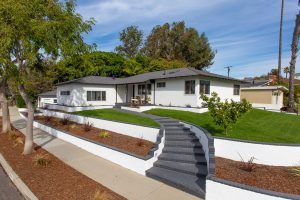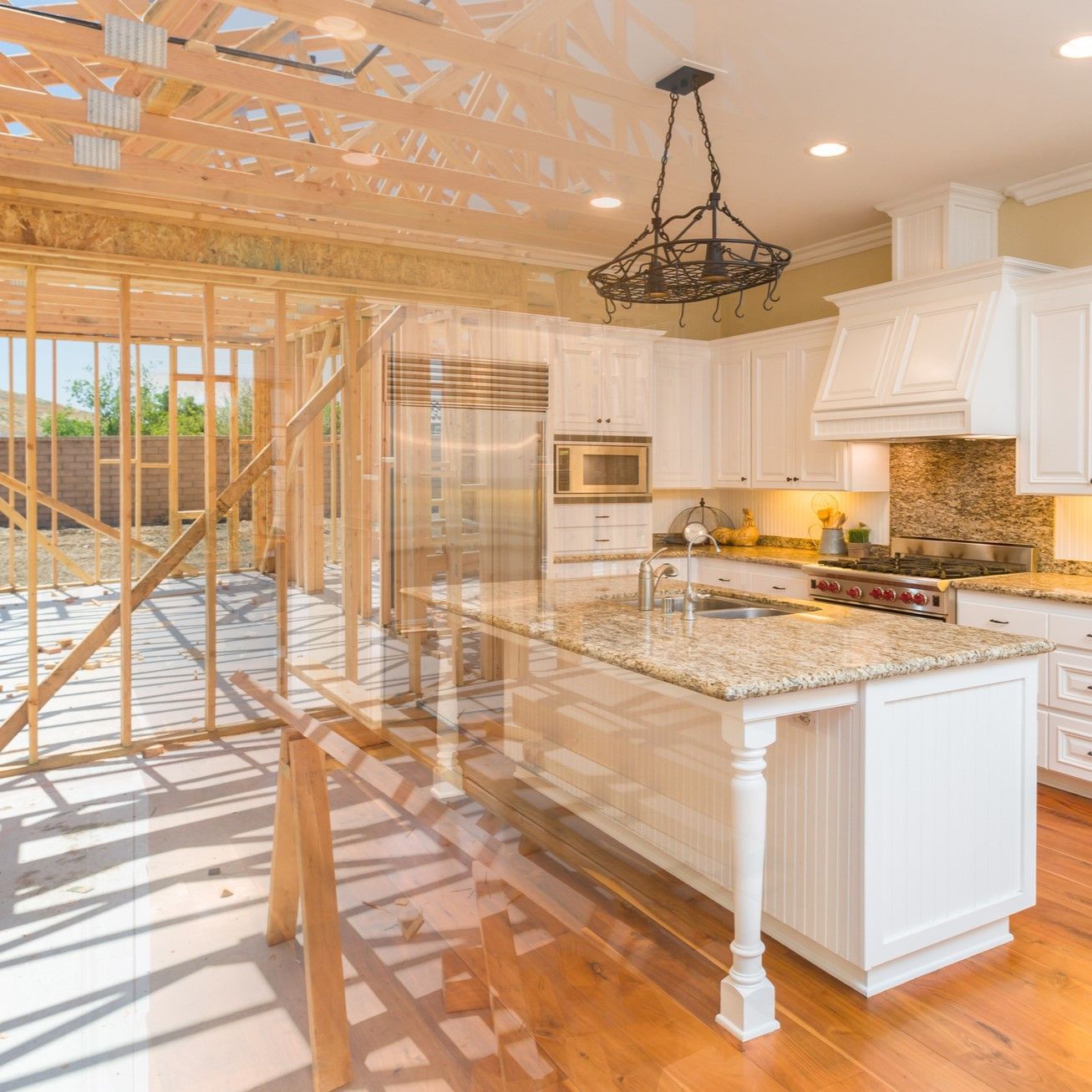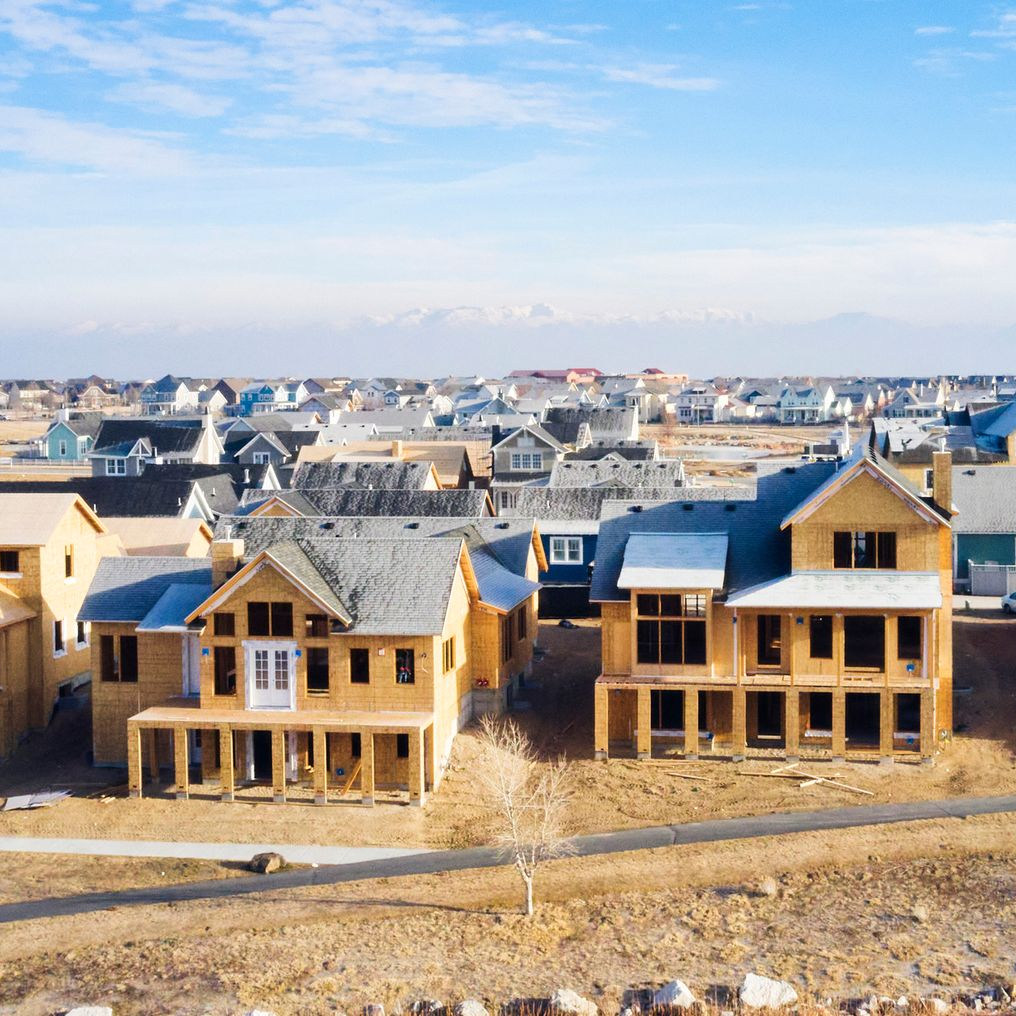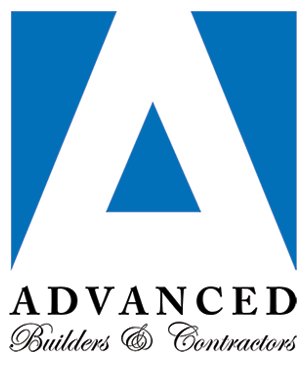
If you own a property in Malibu, Holmby Hills, Encino, Studio City, Brentwood, Hollywood, Bel Air, Calabasas, or most of Los Angeles, natural occurrences such as storms, landslides, or extensive soil erosion can be a problem. Whether the property is commercial or residential, retaining walls are vital installations to consider, particularly if the area is a hillside or along a slope.
In most cases, people see retaining walls as mere striking installations with an attractive structural design that adds beauty to the surroundings. However, they’re more than that.
What exactly is a retaining wall?
A retaining wall is defined as a wall created solidly and sturdily so it can withstand fluid, surcharge, or lateral earth thrusts and strains. If soil, dirt, and all manner of debris flood down the hillside to your yard every time there’s a raucous wind or heavy downpour, a retaining wall can help end the menace while adding an enthralling appeal to your property.
Why a retaining wall is important
Retaining walls in Los Angeles, Beverly Hills, or elsewhere provide beauty and practicality. In essence, a retaining wall helps you:
- Prevent flooding and soil erosion that usually destroys gardens, homes, yards, and buildings in a given piece of property.
- Take care of soil to end the threat of sinkholes and unedifying blots on the landscape.
- Save yard and garden maintenance expenses; spilling and flooding debris are a thing of the past.
- Add a touch of beauty in the form of a charming permanent structure in your landscape.
- Add more parking spaces, such as through a concrete retaining wall, which ensures there’s sufficient flat ground on a hillside alterable into a parking space.
- Enhance drainage considering a flattened hillside through a retaining wall installation allows rainwater to filter down without causing any damage.
- Add more visual appeal to your property-lighting installations, flowerbeds etc. can be installed on retaining walls.
- Create better access to your property as sleek stairs can be cut from concrete/stone retaining walls.
- Create more flat land for gardening/landscaping.
Types of retaining walls

While the benefits of retaining walls are clear, selecting the right type is imperative. Retaining walls, be it in areas such as Malibu, Encino, or Studio City, are unique and diverse. The walls aren’t the same and highly depend on what you want, the reasons for the installation, and the topography of your land among other reasons.
The different types of retaining walls include:
Sheet piling retaining walls: Perfect for places where with little space. It’s essentially a thin installation made of vinyl, wood, or steel usually pushed right into the earth/soil. Planks made of the material of choice are driven into the earth and the top is left uncovered. To make them sturdier, a vertical structure is normally added. Note that this type works well with softer soils.
Gravity retaining walls: Arguably the most common and installed for ages, they’re constructed with the idea of ensuring the bottom remains heavy, balanced, and sturdy. As such, the bottom usually seems to have a larger surface area than the top part. It’s essentially a matter of mass and weight ensuring the soil is well-held. Most are made using diverse materials such as pavers, concrete, stones, bricks, among others. With a thicker substructure, the bottom is usually weightier than the mass of soil it’s holding.
Anchored retaining walls: Diverse anchors are incorporated in construction and pushed into the soil with strips or strong cables attached for a firmer wall. If the earth around the property is uncharacteristically heavy, these types of retaining walls are best. Also works perfectly well for thin retaining walls constructed to hold weightier loads.
Cantilevered/reinforced retaining walls: Capable of holding a lot of weight, they’re ideal for hilly slopes. A horizontal foundation stretches toward the front and back and lasts longer only if reinforced (in most cases using steel). A working drainage also ensures rainwater doesn’t affect its structural integrity. Note that the cantilever style needs to have a consistent thickness; proper planning and engineering is necessary if they’re to hold the earth as required.
Preparing for a retaining wall
Before you begin, talk to a Los Angeles general contractor to know whether permits are required as per the kind of retaining wall you want. For instance, the California Building Code doesn’t require a permit if the retaining walls are below four feet in height. Also, whether installing one in Brentwood, Hollywood, Bel Air, or Calabasas, if wood is needed, the building code requires that treated wood be used as per AWPA U1 guidelines.
In conclusion, installation and design of your retaining wall determines its reliability, durability, and structural integrity. The design must conform to every code that applies to ensure the retaining wall enhances the landscape, garden, and architectural theme of your property.
Recent Blog Posts








